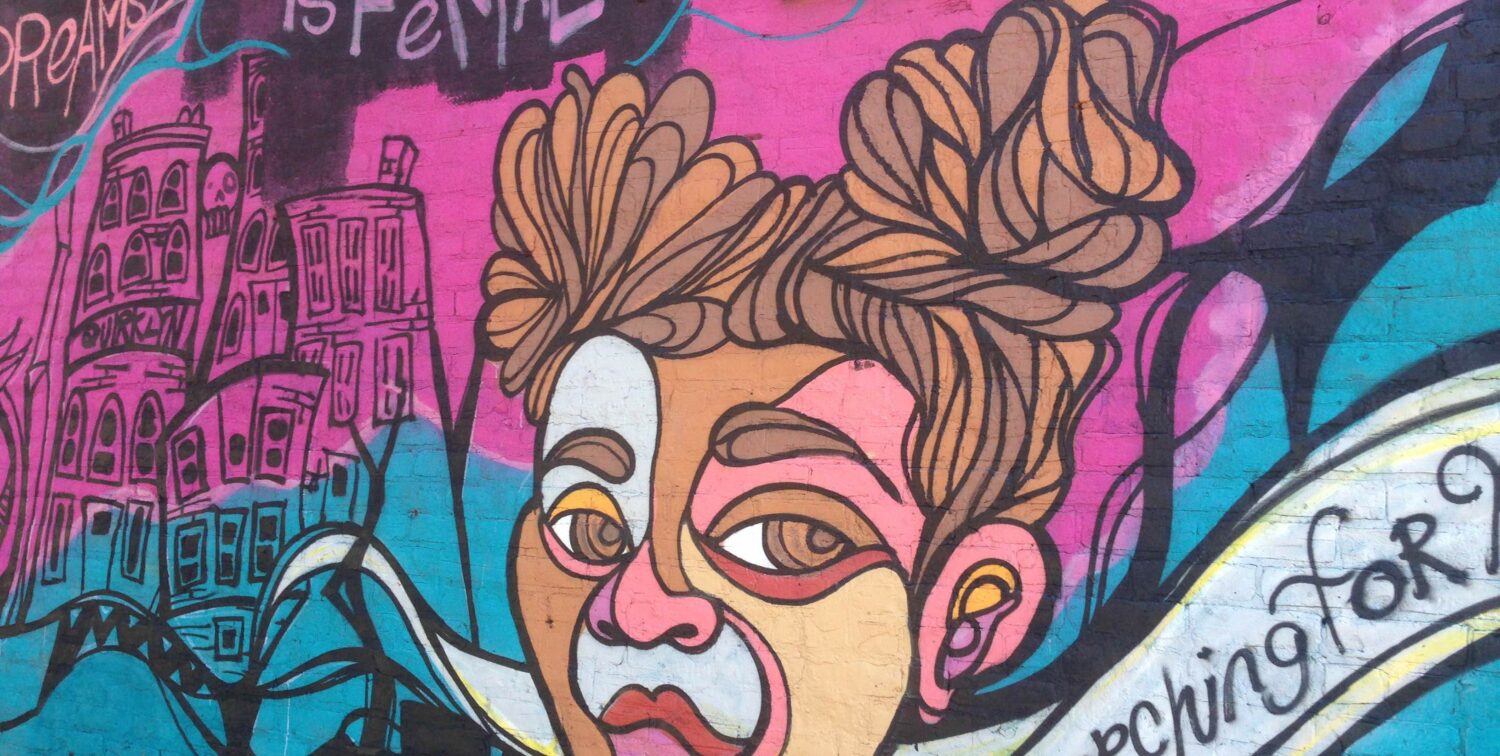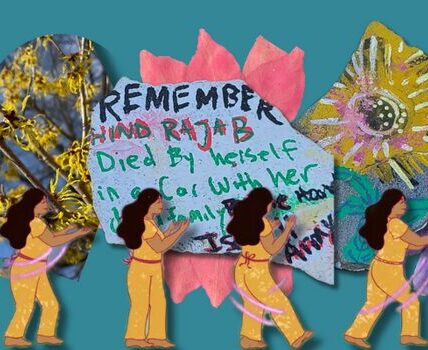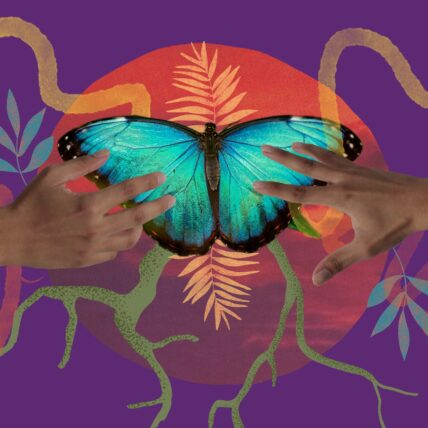Knowing will be more valid–richer, deeper, more true to life and more useful–if these four ways of knowing are congruent with each other: if our knowing is grounded in our experience, expressed through our art, understood through theories which make sense to us, and expressed in worthwhile action in our lives.
Peter Reason
Experiential Knowing
We have experiences through resonance or empathetic engagement with the world. This is where our values and beliefs live; they shape these experiences as well as how we will make meaning of them in presentational knowing.
Presentational Knowing
We create and share stories, metaphors, patterns in space and time (e.g., movement, art, music, poetry, etc.) that can make meaning of experience and share experience with others that leads to group meaning-making.
Propositional Knowing
We know “about” something. We draw conclusions and form themes, theories and ideas. This is intellectual knowing and where logic models and theories of change live.
Practical Knowing
We know what to do and how to do things. We know how to engage in action or practice that is transformative and aligned with experience.

The ways of knowing are pyramid-like in that our practical knowing ideally builds from experiential knowing. They are cyclical in that we often move through them repeatedly. They are separate entities in that they are each valid, meaningful and interconnected ways of knowing on their own. And, finally, we can be in more that one place at one time.
U.S. dominant culture prizes propositional and practical knowing – that is using arguments, data, theory propositions, etc. to represent reality. We hire for it, fund based on it, structure for it, measure it – indeed we craft and evaluate our lives, our health and our institutions on it. Expertise is often defined by possessing deep propositional (intellectual) knowledge without considering full knowledge across multiple ways of knowing. However if we stay only in theory and action (i.e., the propositional and practical ways of knowing), there is little or no connection between our values, our experiences, our shared understandings, our cultures, and our actions. We must honor the experiential and the presentational ways of knowing – the emotional and the artistic. We must hold them as valuable information essential to both our theories and our action plans to enact justice values and culture change.
Poetry is not a luxury. It is a vital necessity of our existence. It forms the quality of the light within which we predicate our hopes and dreams toward survival and change, first made into language, then into idea, then into more tangible action.
Poetry is the way we help give name to the nameless so it can be thought. The farthest external horizons of our hopes and fears are cobbled by our poems, carved from the rock experiences of our daily lives.
If what we need to dream, to move our spirits most deeply and directly toward and through promise, is a luxury, then we have given up the core–the fountain–of our power….
Audre Lorde
Banner photo credit: Alison Lin





